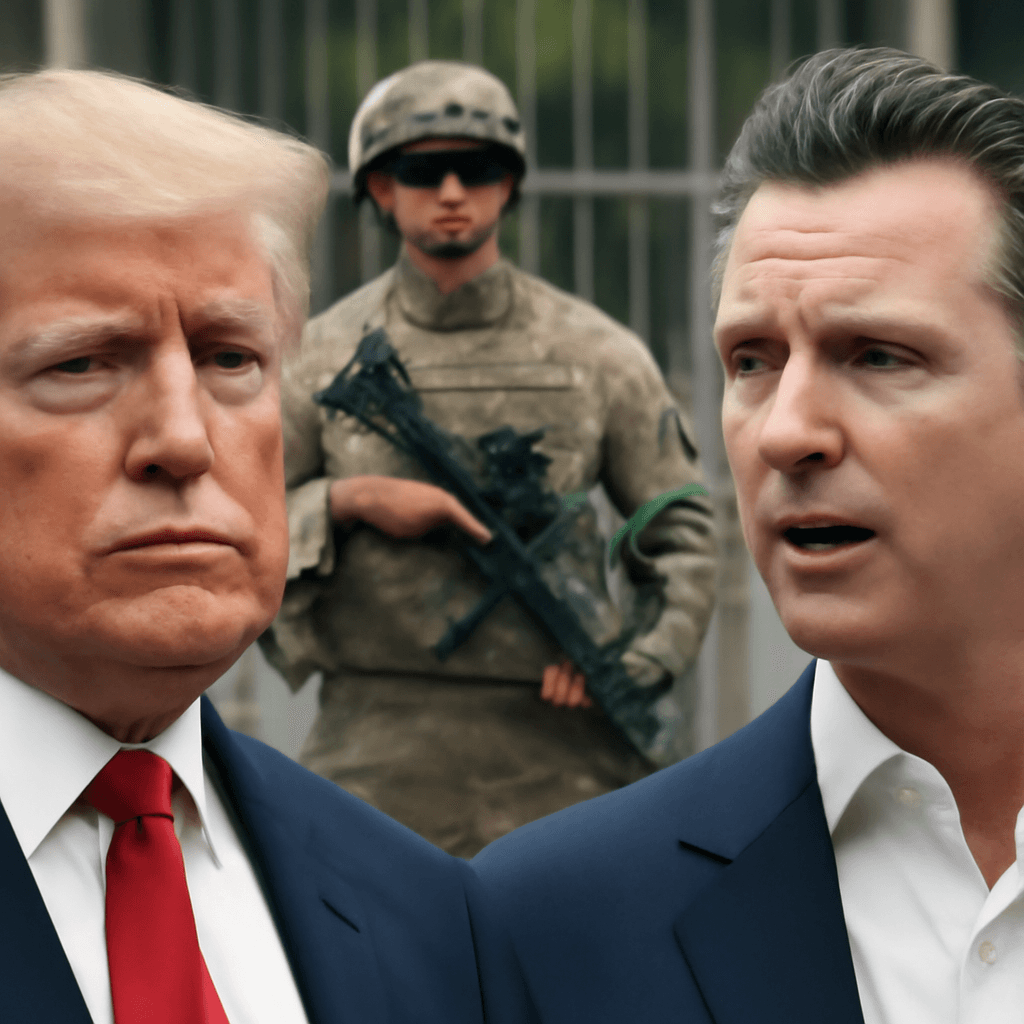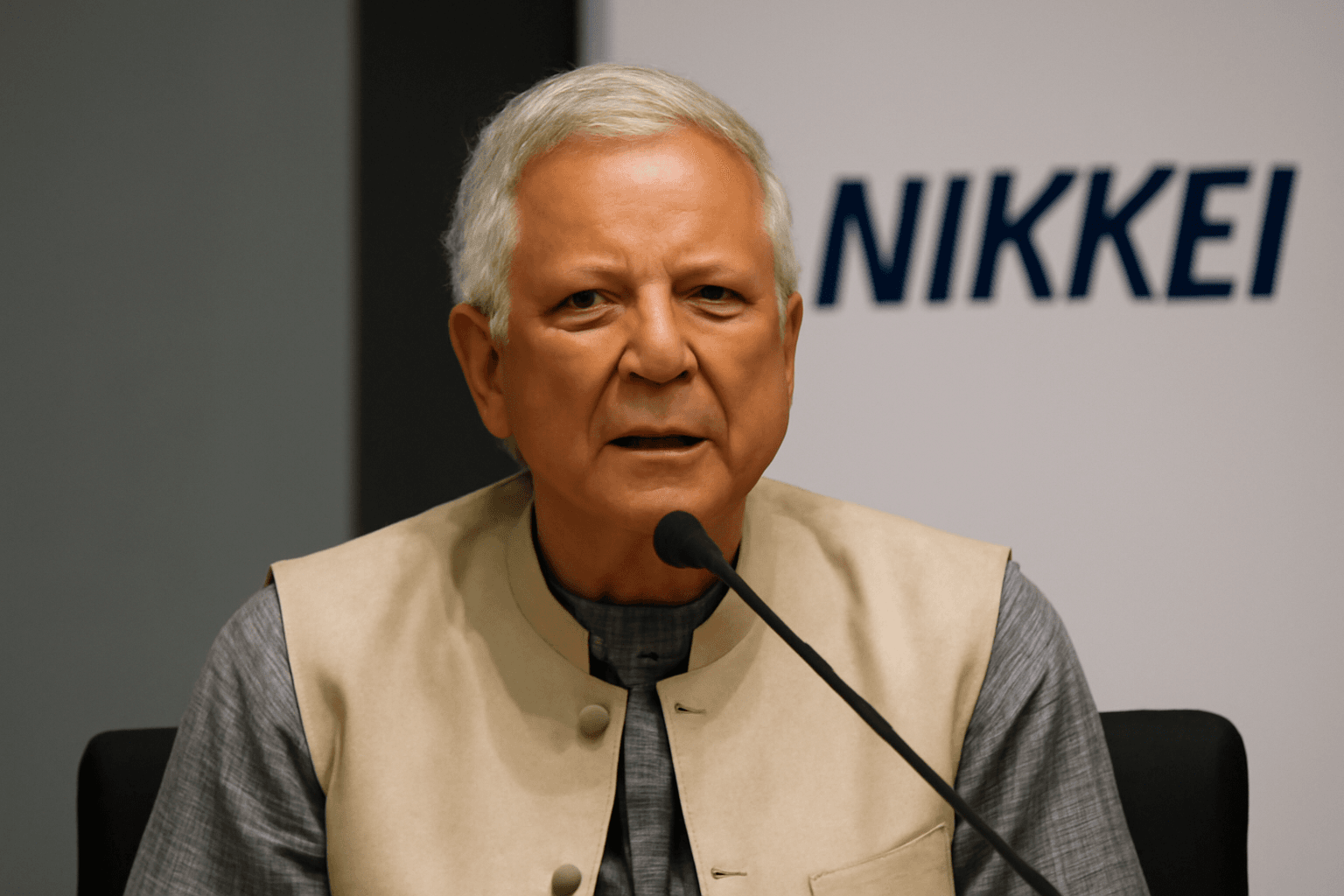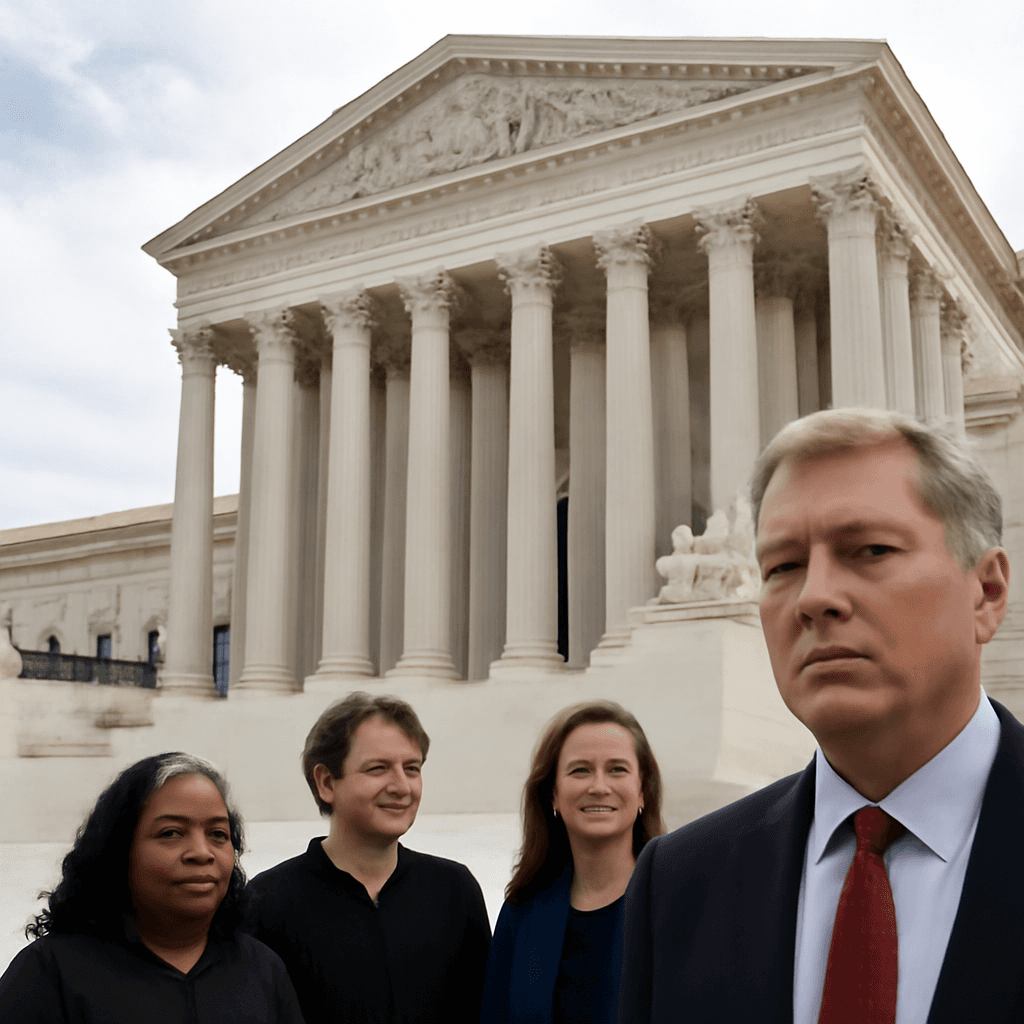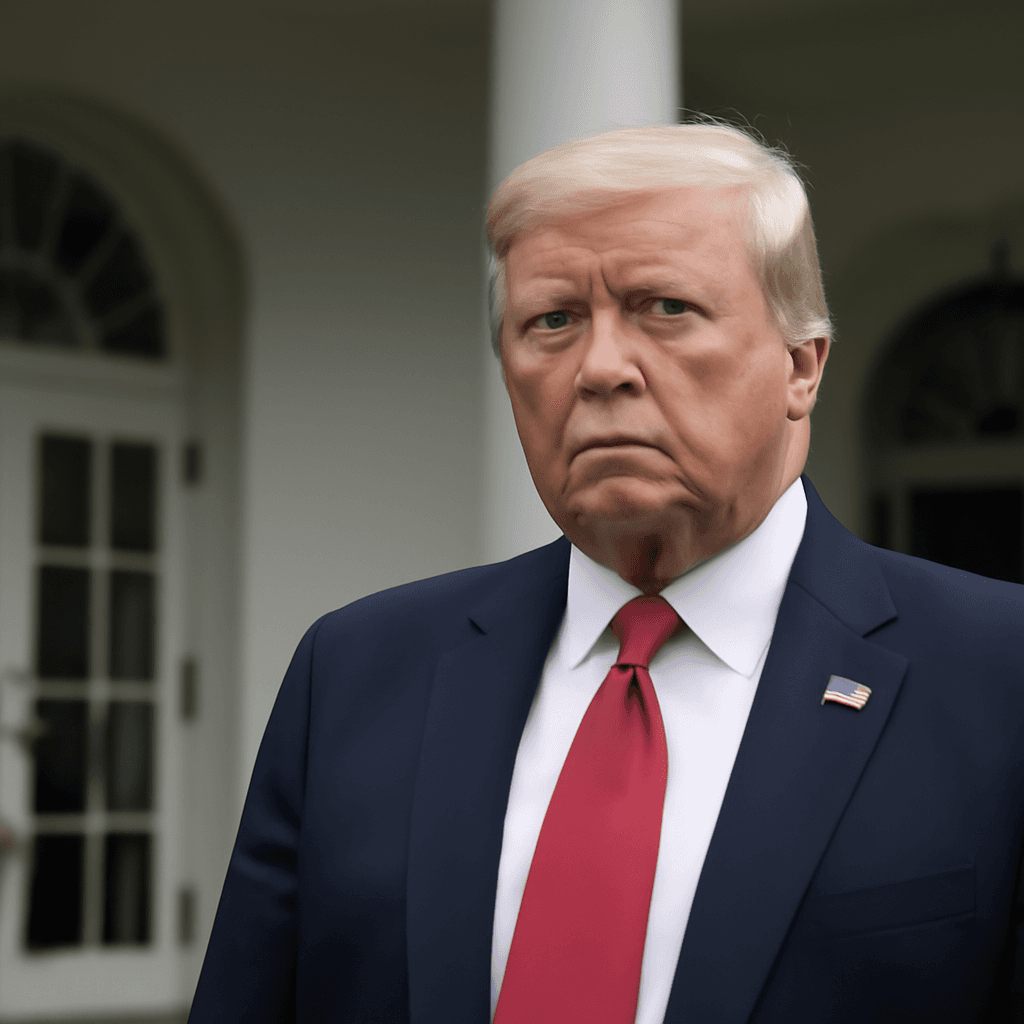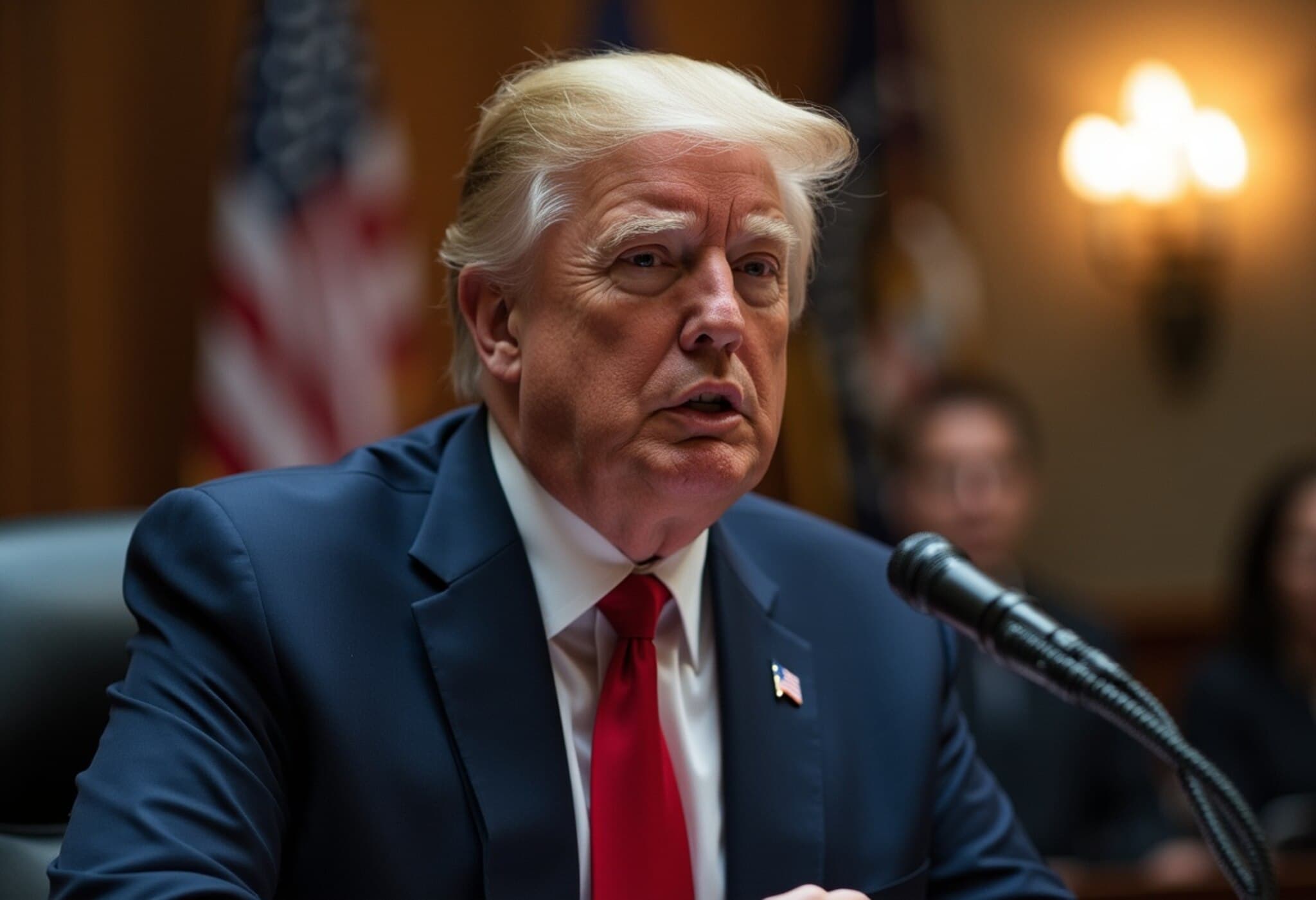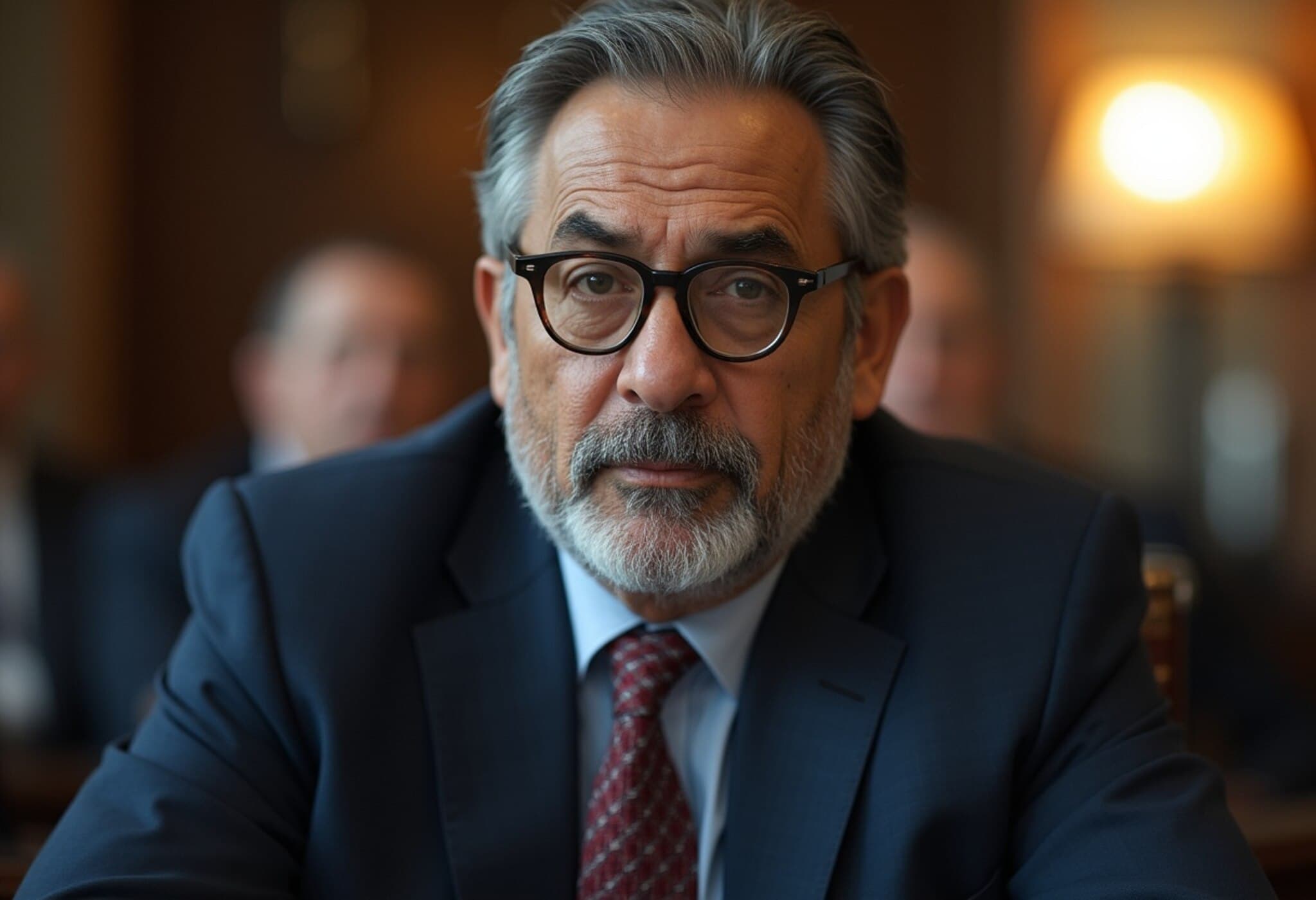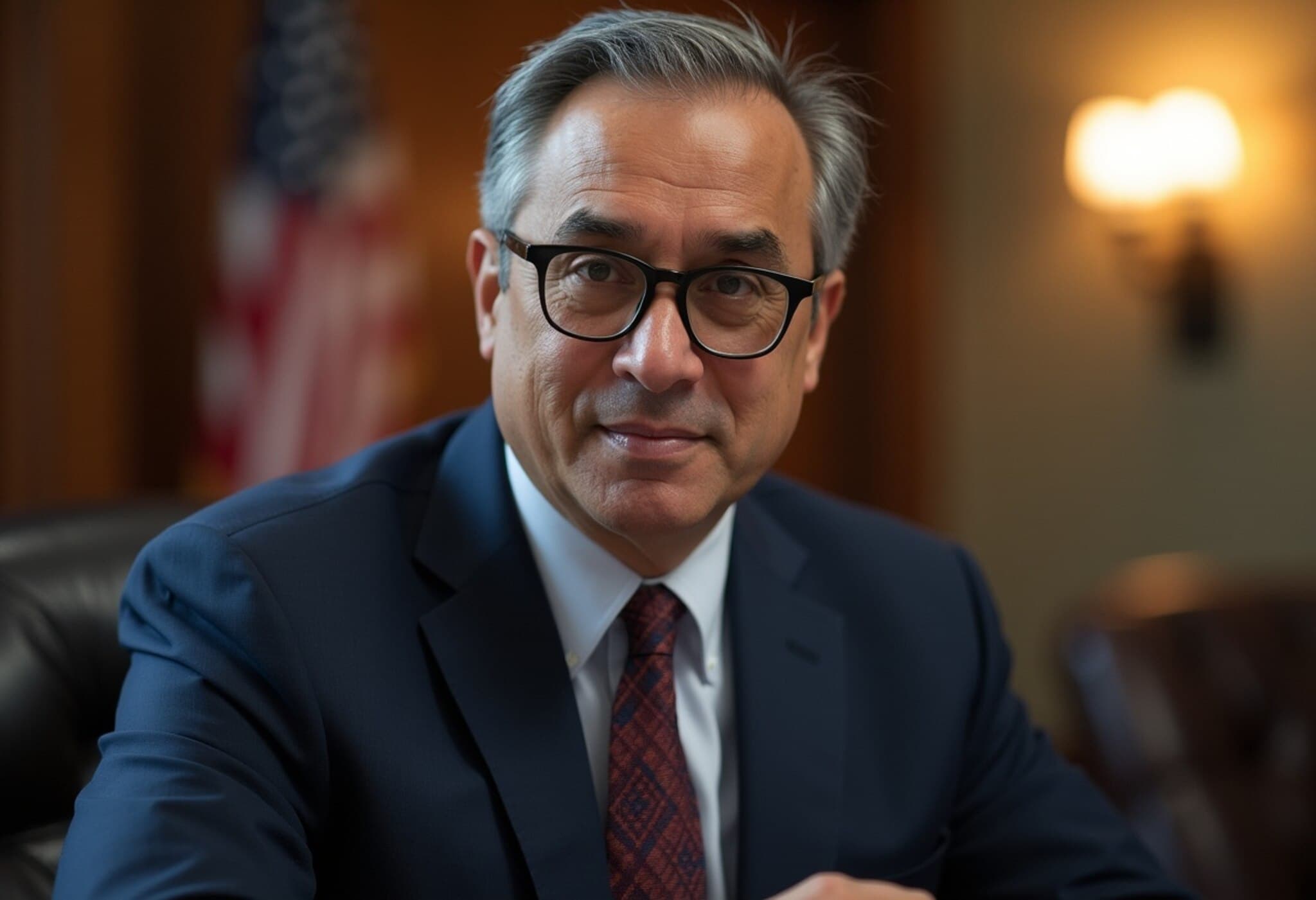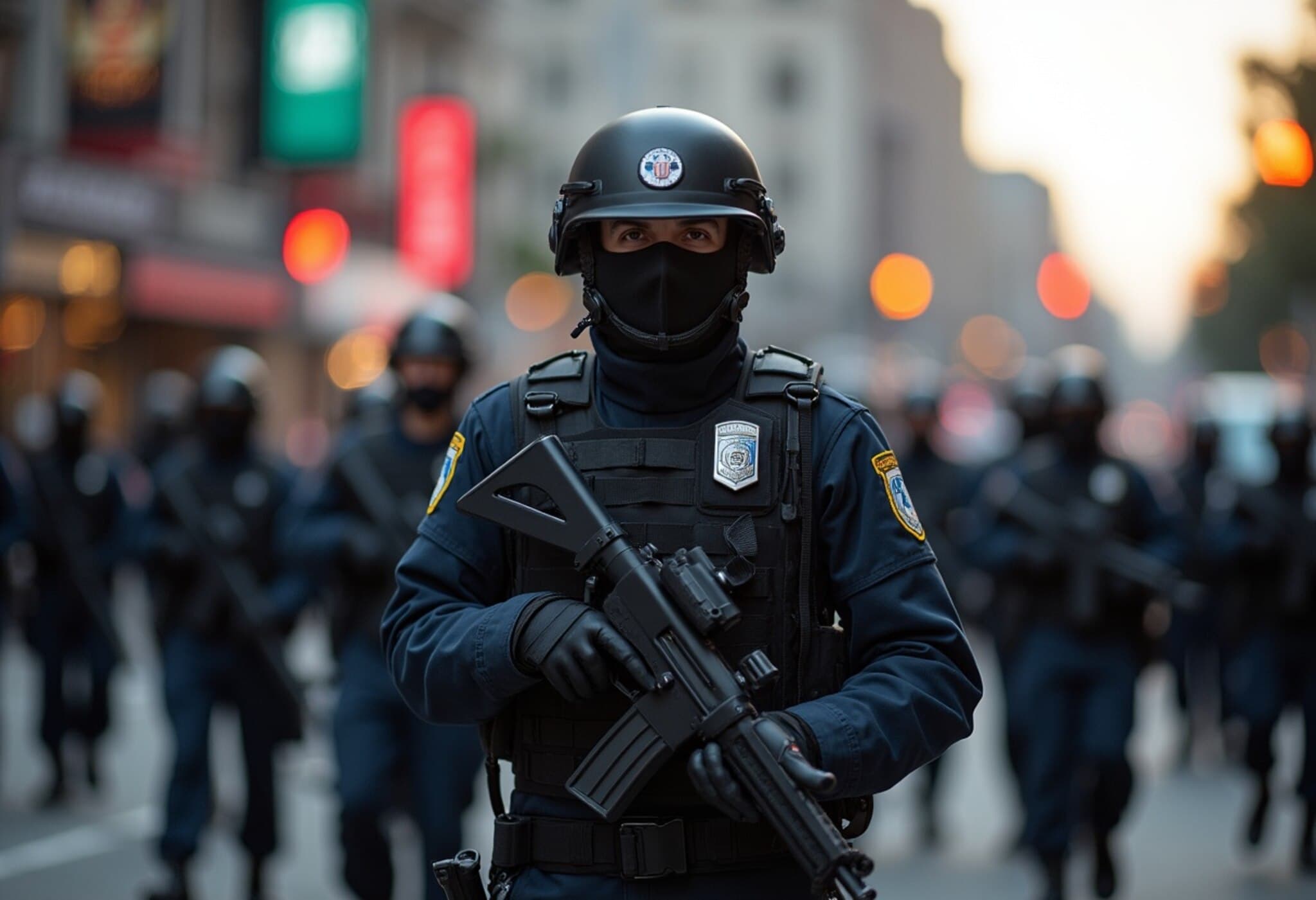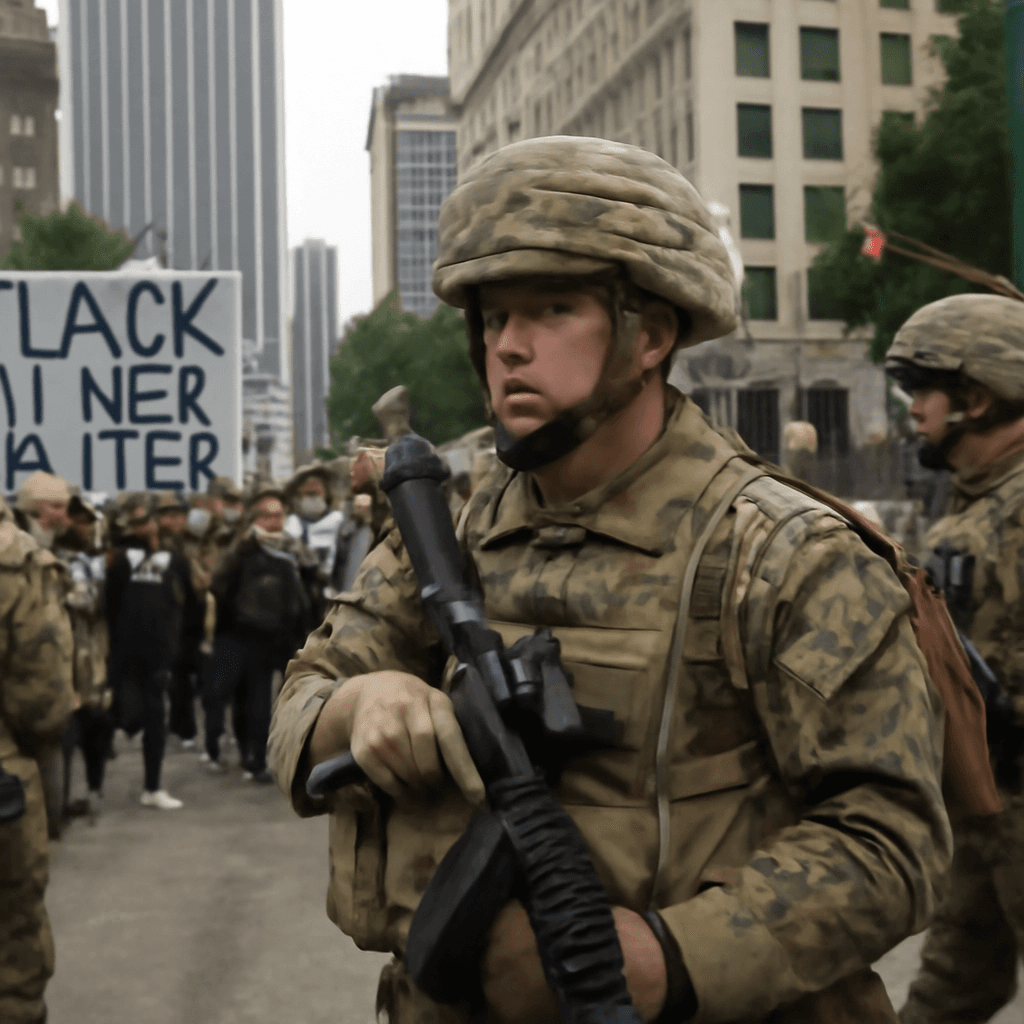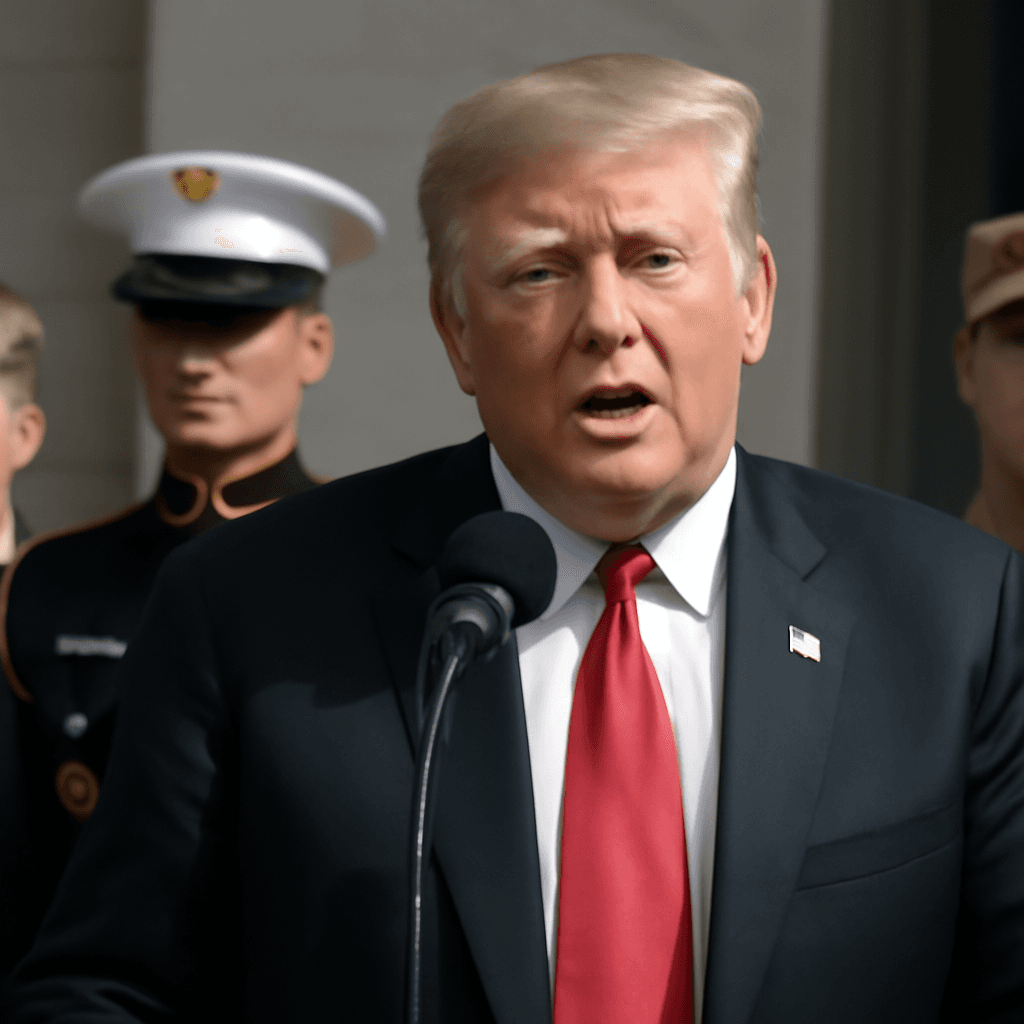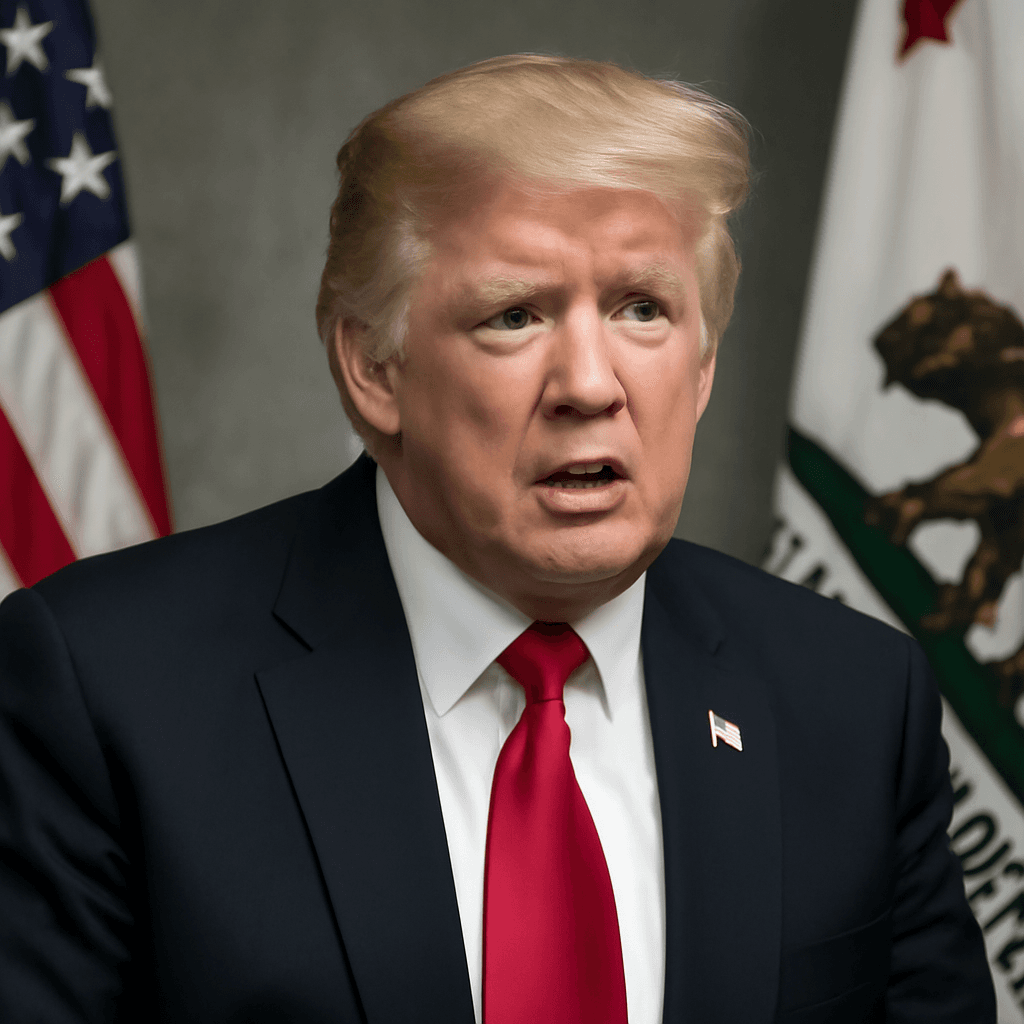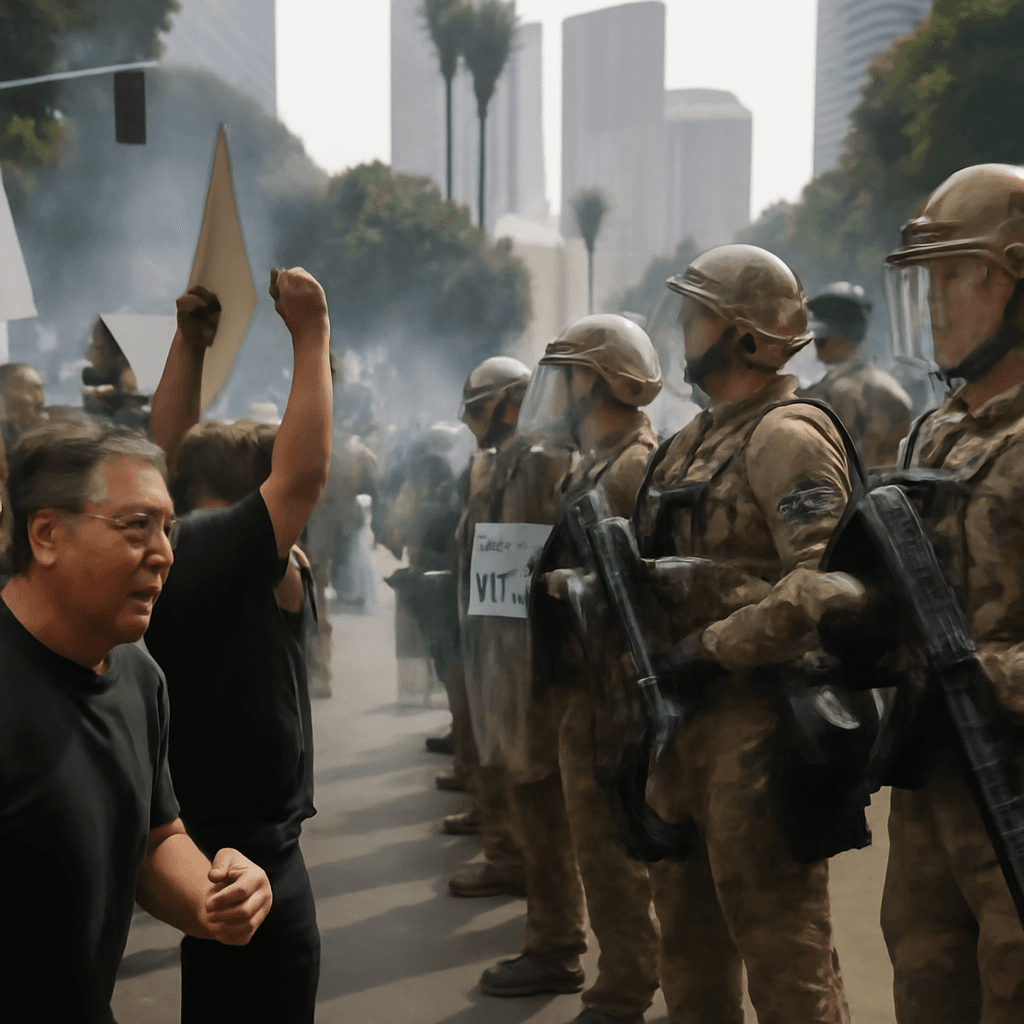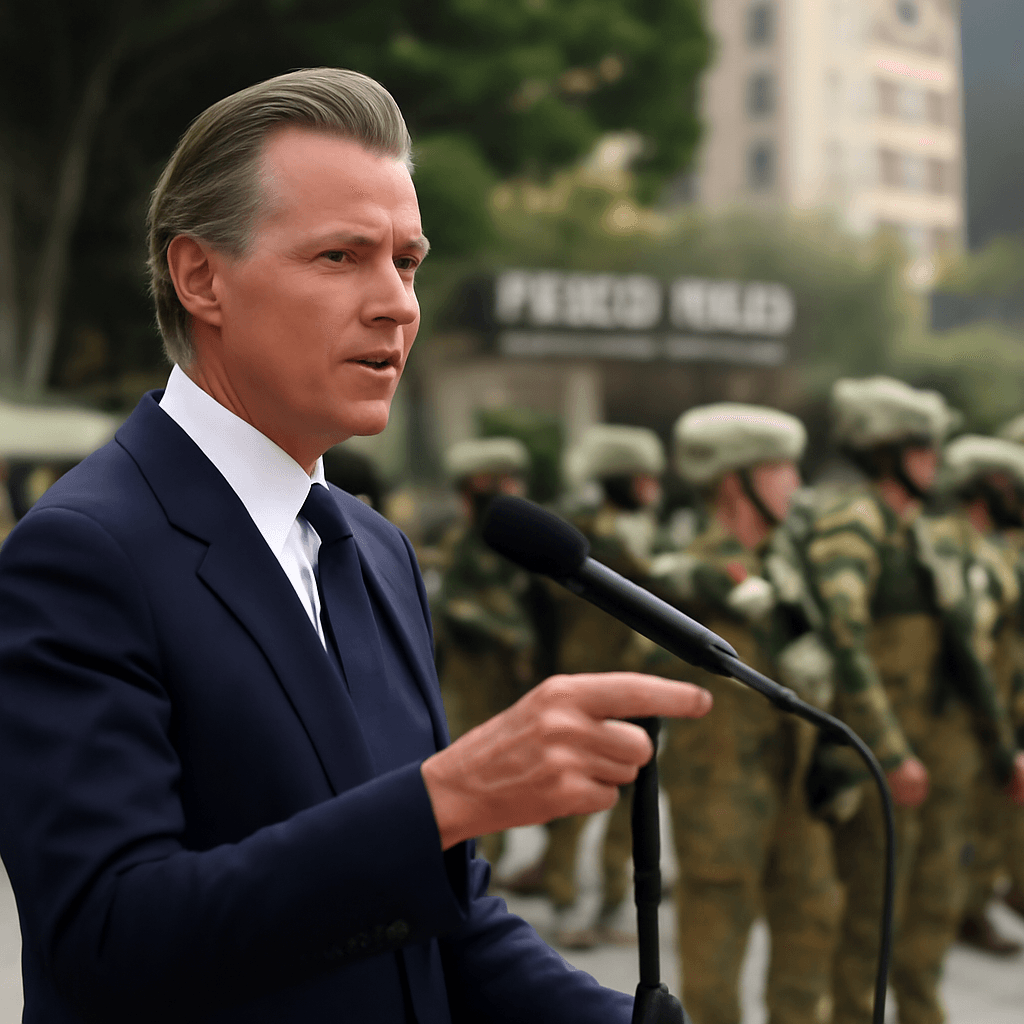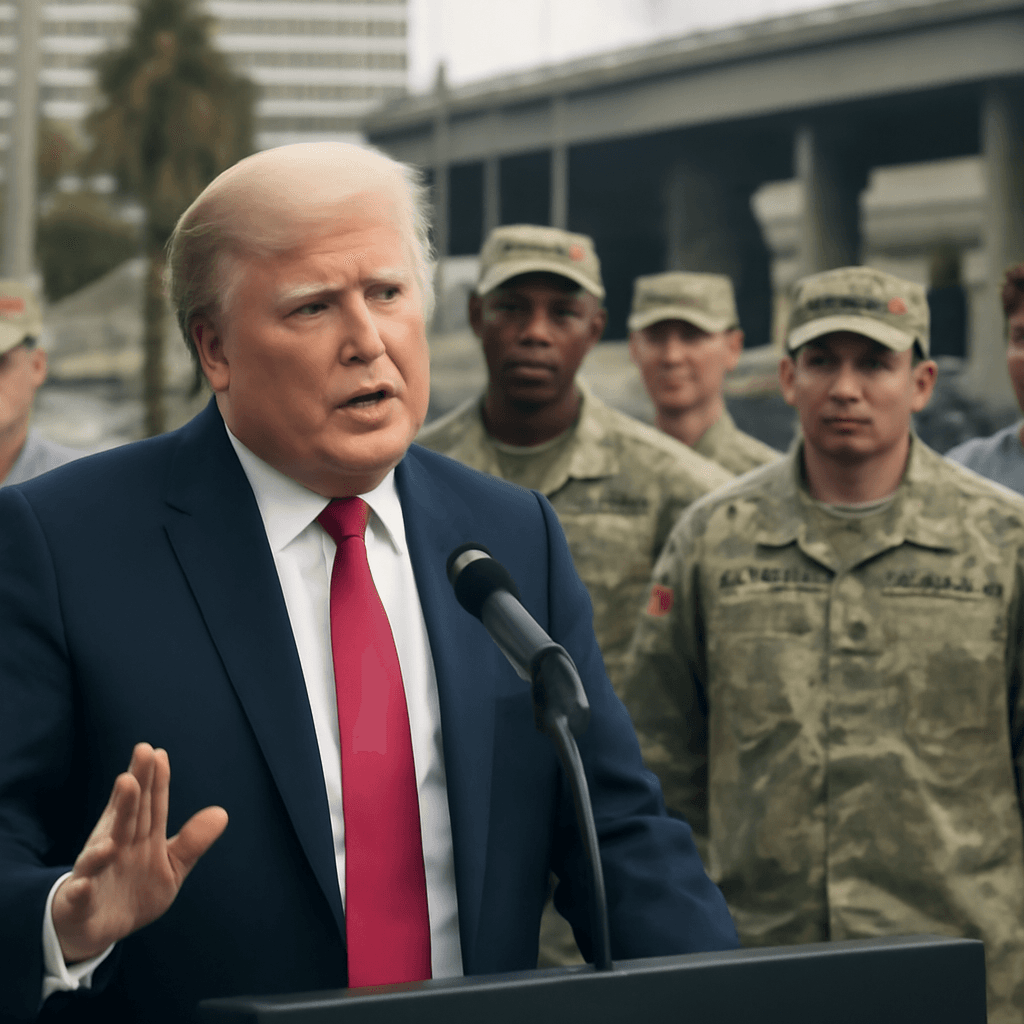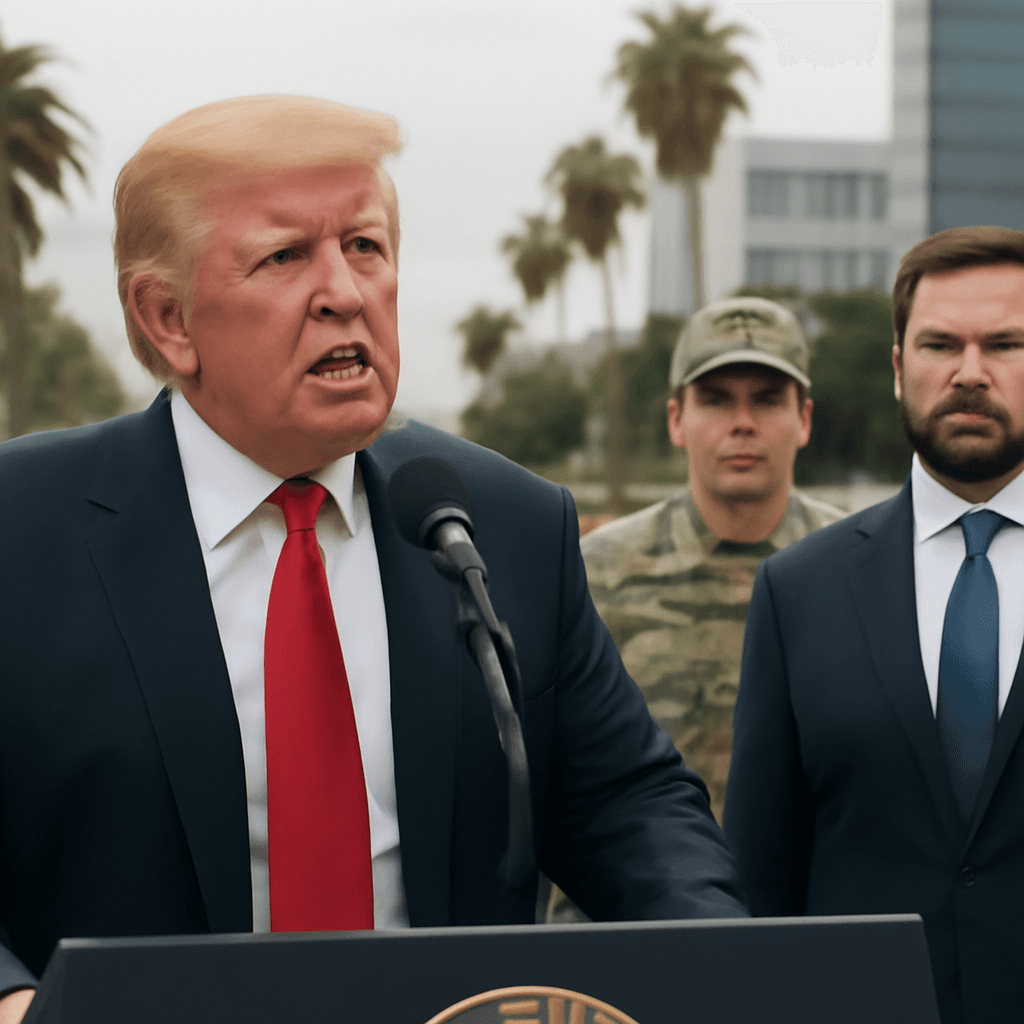Understanding the Legal Landscape Behind Troop Deployment During Protests
In recent weeks, President Donald Trump's decision to send National Guard troops to California amid protests against immigration raids has stirred intense debate. The move, justified by references to federal law, has raised important questions about the extent of presidential authority and the balance between law enforcement and civil liberties.
Which Laws Are at Play?
The president cited Title 10 of the US Code in his June 7 order, a federal statute outlining the role of the US Armed Forces. A key provision here, Section 12406, empowers the president to federalize National Guard units when the nation is invaded, facing a rebellion, or if regular forces cannot enforce federal laws.
The Posse Comitatus Act: Military and Civilian Law Enforcement
Fundamental to this discussion is the Posse Comitatus Act of 1878, which generally prohibits the US military, including the National Guard, from engaging in civilian law enforcement. While Section 12406 permits National Guard members to protect federal agents and property, it does not authorize them to perform arrests or directly enforce laws on civilians.
What Can National Guard Troops Do Under This Authority?
- Protect federal officers carrying out arrests or law enforcement activities.
- Safeguard federal property during civil disturbances.
However, troops cannot arrest protesters or assume police powers. Their role remains supportive, not primary law enforcement.
Implications for Constitutional Rights
The First Amendment guarantees freedom of speech and peaceful assembly. Legal experts warn that deploying federal troops amid protests risks infringing on these rights. The presence of military forces can create a chilling effect on political expression and potentially escalate tensions.
Is Trump's Deployment Legally Defensible?
Four legal scholars from across the political spectrum have criticized the use of Title 10 in this context as inflammatory and reckless. Notably, California Governor Gavin Newsom opposes the deployment, calling it unlawful and fearing it will worsen unrest.
The protest activity does not reach the threshold of a "rebellion" nor obstruct federal law enforcement, according to legal experts. Additionally, Title 10 suggests such orders be channeled through state governors, although legislative history indicates this may reflect customary practice rather than a hard legal requirement.
Could California Challenge the Deployment in Court?
California might pursue a lawsuit arguing that the troop deployment lacks legal grounding since conditions justifying federal action under Title 10 are absent. Still, judicial proceedings could drag on for months, by which time protests may have subsided, making the lawsuit as much a political message as a legal challenge.
The Possibility of Invoking the Insurrection Act
Looking beyond Title 10, the president holds another, more expansive legal tool: the Insurrection Act of 1792. This act enables the use of military forces to directly enforce laws and quell civil unrest under certain conditions.
However, labeling protests as an "insurrection" to justify this step is fraught with legal risks. Historically, the Insurrection Act has addressed serious upheavals such as the 1794 Whiskey Rebellion and post-Civil War violence. Its last major use was in 1992 during the Los Angeles riots, invoked at the governor's request.
Significantly, deploying troops without a governor's consent is rare and delicate, last occurring in 1965 when President Lyndon Johnson sent forces to protect civil rights marchers in Alabama.
Key Takeaways
- Title 10 allows federalizing National Guard troops but restricts their role to support, not direct policing.
- The Posse Comitatus Act limits military involvement in civilian enforcement.
- Using military force during protests risks infringing on constitutional rights.
- Legal experts and California's governor question the justification and legality of the current troop deployment.
- The more powerful Insurrection Act remains a controversial but available option for tougher federal intervention.
As this situation evolves, the balance between maintaining order and protecting free expression continues to be tested. Whether the military's role expands or retracts will depend on legal interpretations, political decisions, and public response.

